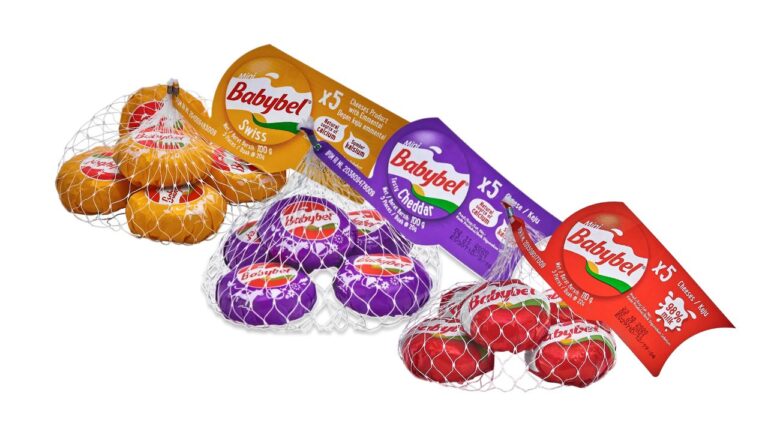The Benefits of Cheese for Children – Why Cheese is a Healthy Choice for Kids
Cheese is a food product made from fermented milk. It is a valuable source of protein, calcium, and essential vitamins for children. With a wide variety of cheese types available, children can choose their favorites to enjoy. In this article, we will explore the numerous benefits of cheese for children’s health and development.
The Benefits of Cheese for Children
Protein
Protein is crucial for the growth and development of children. It aids in building and repairing various body tissues, including bones, muscles, and organs. Cheese is an excellent source of protein for children. Just one ounce of cheddar cheese contains approximately eight grams of protein.
Calcium
Calcium is essential for the health of children’s bones and teeth. It helps strengthen bones and prevents issues like fractures and cavities. Cheese is a rich source of calcium for children. One ounce of cheddar cheese contains about 200 milligrams of calcium.
Vitamins
Cheese provides valuable vitamins like B12, A, and K, which are beneficial for children. Vitamin B12 is vital for red blood cell formation, vitamin A supports eye health, and vitamin K plays a role in blood clotting.
Read More: Nutritious Snack Recommendations for Your Beloved Family
Boosts Appetite
Cheese has a savory and creamy flavor, making it appealing to children and helping to stimulate their appetites. It also contains protein and healthy fats, which contribute to a feeling of fullness.
Aids Bone and Teeth Growth
Cheese serves as an excellent source of calcium, which is essential for the growth and development of children’s bones and teeth. Adequate calcium intake helps prevent bone fractures and dental cavities.
Improves Heart Health
Cheese contains healthy fats that can contribute to improved heart health. These fats can help lower bad cholesterol levels and raise good cholesterol levels in the body.
Enhances Immune System
Cheese contains proteins and vitamins that support a child’s immune system. Protein aids in the production of white blood cells, which play a vital role in fighting infections. Vitamins A and C are also important for immune function.
Read More: Healthy Cheese Types for Diet and How to Eat Them!
Tips for Giving Cheese to Children
Here are a few tips when you want to give cheese to children for the very first time. You can also discover tips on giving cheese for weaning food.
- Begin introducing cheese to children around the age of one.
- Choose soft and easily chewable cheeses for children under three.
- Start with a small amount (one tablespoon) and gradually increase the portion size.
- Serve cheese as a snack or as a topping for bread, biscuits, or pasta.
Cheese is a nutritious and wholesome food for children. It offers a wide range of health benefits, including promoting growth, development, and supporting general health aspects. You might want to consider trying different cheese that is suitable for your children for the weaning stage. Be sure to consult with your pediatrician first before introducing your child to new food.You might want to consider Babybel cheese, which is made from 100% pure cheese without any added salt. Its benefits are undeniable as it is rich in protein and calcium, promoting healthy bone development and growth in little ones. In terms of taste, Babybel baby cheese has a slightly tangy flavor with a creamy and light texture, making it a great addition to various baby food menus. What’s unique is that this baby cheese is packaged in red wax packaging with a plastic and mesh bag on the outside, sure to appeal to the little ones!






